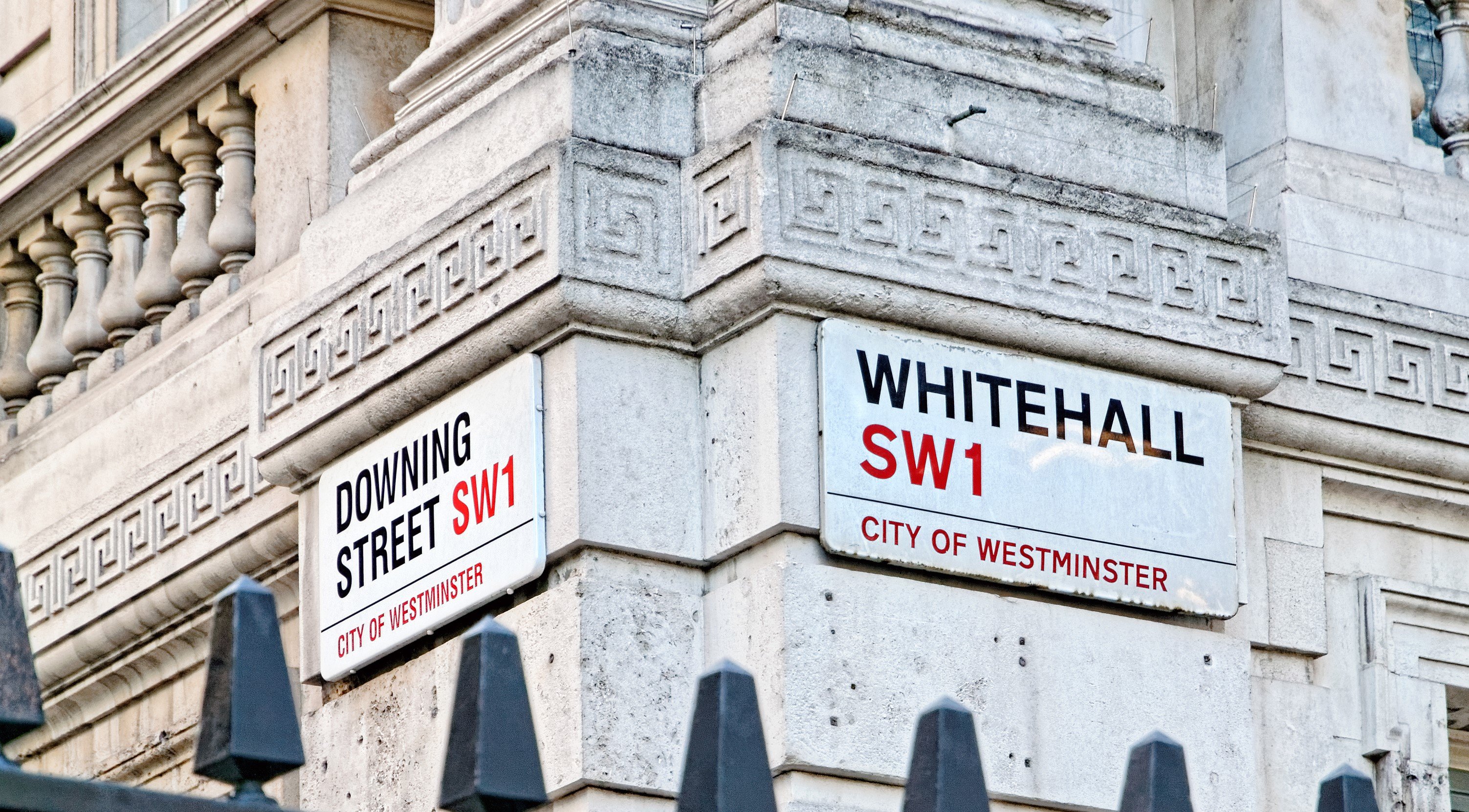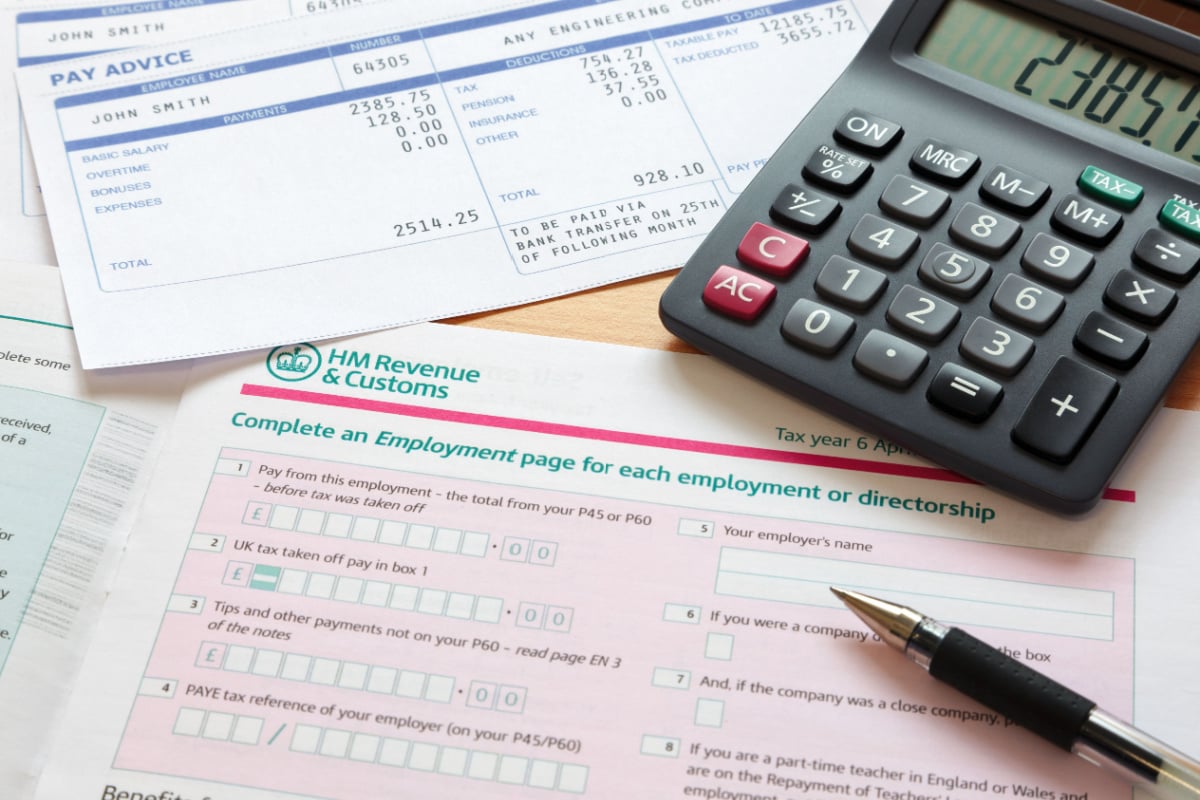France looks to the UK's EIS and SEIS for lessons on boosting angel investment
The UK’s Enterprise Investment Scheme (EIS) and Seed Enterprise Investment Scheme (SEIS) have both been widely praised across Europe since their introductions. This comes as no surprise as the schemes have attracted over £25bn and £1.5bn of investment for UK startups since being introduced in 1994 and 2012, respectively.
Offering investors up to 50% income tax relief on the value of their SEIS investments (and 30% on EIS investments), as well as capital gains tax and inheritance tax advantages, the generous tax reliefs offered by the EIS and SEIS are unrivalled.
Looking at the UK’s success in the early-stage private investment space, France is planning on importing a version of the two schemes as part of an initiative to boost annual early-stage investment.
France aims to generate a further €3bn annually for domestic startups
As part of a relentless effort to amplify its startup ecosystem, the French government aims to triple the current number of business angels backing early-stage startups.
To achieve this, policymakers are taking notes from the UK.
French officials are proposing to adopt versions of the EIS and SEIS, which have both been credited with helping the UK become Europe’s undisputed entrepreneurial leader.
The idea is that these proposals – which are still being developed and are set to be released by the 2024 Budget – will encourage private investors to allocate a further €3bn annually to French startups, creating approximately 200,000 jobs by 2027.
How does the French government plan to increase startup investment?
After allocating billions of the Government’s expenditure to the startup system over the past decade, French politicians now want to encourage private investors to do the same.
Earlier in 2023, Paul Midy, Deputy in the National Assembly of France, was appointed by the Macron government to lead a six-month study to develop the country’s startup investment proposals.
Since then, Midy and his team have met with 275 tech and investment experts in France, including VCs, founders, and economists, while also negotiating with their counterparts in London.
While still a work in progress, Midy’s plan falls into three categories, each intended to stimulate an extra €1bn annually in early-stage investment for French startups:
- Tax reforms to encourage large private enterprises to invest more of their profits into corporate venture funds, particularly those that invest in climate tech.
- New tax incentives for private savings accounts and insurance funds to direct more of their investment capital into startups.
- Tax breaks for individual investors in startups.
The third category is inspired by the UK’s SEIS and EIS.
The SEIS offers tax breaks to investors who participate in the funding of UK startups that have been operating for less than three years, whereas EIS funding can be received by startups within seven years of their first commercial sale.
“It's been 30 years since [the schemes] exist in the United Kingdom and it is a hit,” Midy says. “Over the past 15 years, as the ecosystem developed, it really had a multiplier effect.”
The French version under consideration would create three subcategories of startups – Jeunes Enterprises, Jeunes Enterprises d’Innovation et de Croissance, and Jeunes Enterprises d’Innovation et de Rupture – which would offer tax breaks ranging from 18% to 50% for investors. They would also eliminate social charges for several years for the startups, and make it easier for them to sell new products and services to government agencies.
French startups could create 200,000 jobs by 2027
The proposed startup investment schemes are set to encourage private investors to allocate an estimated further €3bn annually into French startups, creating approximately 200,000 jobs by 2027.
“We must continue to develop our ecosystem of startups,” said Paul Midy. “Because the best way to create jobs in France is to put the emphasis on young, innovative companies.”
Those jobs would be a key contribution to fulfilling a pledge President Macron made during his re-election campaign in 2022: to create more than 1m new roles by 2027, and this project is the latest sign of his continuing bet on French startups to help secure the country’s economic future.
According to Midy, almost 100% of job creation in France comes from young companies less than three years old, and tech startups generate two to three times more indirect jobs than non-tech companies (where direct jobs contribute directly to producing a product or service for consumers, indirect jobs are created to produce the goods and services demanded by the workers with direct jobs).
For each job created in the high-tech sector, approximately 4.3 jobs are created in other local goods and services sectors across all income groups, including lawyers, dentists, and teachers – this is known as the jobs multiplier effect.
Midy stated, “When you combine innovative startups and new technologies, that's where you have the ability to create the most jobs.”
Business angels invested over €1bn in France in 2022
France has seen a rapid increase in the number of business angels in recent years.
According to a recent report on the French ecosystem by Eurazeo partner Alexandre Dewez, business angels invested €1.1bn across 215 funding rounds in 2022, up from €600m over 134 deals in 2017.
And yet, this sector — along with the broader VC ecosystem — has not been immune to the wider economic slowdown.
An annual report by France Angels, an association of 5,500 investors, noted that its members invested €66.2m across 394 deals in 2022, down from €69.5m across 424 deals the previous year.
France Angels director Benjamin Bréhin says he remains optimistic that angel investment will rebound and continue to grow. But importing the best of the British system would provide a welcome boost.
“The best financing system today is the English one,” Bréhin stated.
Roxanne Varza, director of the Station F startup campus and an active business angel, agrees. “I think EIS and SEIS would definitely be beneficial and could help accelerate what is already taking place. These schemes have done well in the UK and I can't see why it wouldn't work in France.”
Paul-François Fournier, executive director of Bpifrance Innovation, thinks Midy’s proposals will have the most impact on attracting business angels to deep tech startups, where the products are more complex and investment horizons longer. In particular, angels with relevant experience in areas like quantum computing or life sciences could be invaluable.
However, he says Bpifrance sees some red flags, having studied the SEIS and EIS systems. By bringing in too many angels at the earliest stages, round sizes and valuations sometimes got out of alignment, making it difficult for startups to raise their next round, he says. In contrast, Bpifrance’s early-stage programmes have focused on grants, loans and investments that are non-dilutive to make startups more attractive to follow-on investors.
“There is a phenomenon of attrition between the business angels and the seed round in England that is very strong,” Fournier said. “In France, we have a funnel where there is a little more continuity between the pre-seed or the business angels, the seed and the Series A. So we think that the English system is probably too generous and that it probably induces some inefficiency.”
Investing via the EIS and SEIS
For UK investors, EIS and SEIS offer a unique opportunity to invest in early-stage companies while enjoying significant tax benefits. These schemes have not only encouraged financial backing for startups but have also fostered a culture of innovation, positioning the UK as a leading entrepreneurial hub in Europe.
As France follows in the UK's footsteps, we can expect the influence of EIS and SEIS to continue shaping the landscape of startup funding across Europe, driving economic growth and creating opportunities for investors to participate in the next generation of groundbreaking businesses.
At GCV, the majority of our portfolio companies qualify for the UK's generous investment schemes. If you are seeking new EIS- and SEIS-eligible investment opportunities, feel free to explore our live tax-efficient investment opportunities here.
%20(3)%20(2).jpg)










